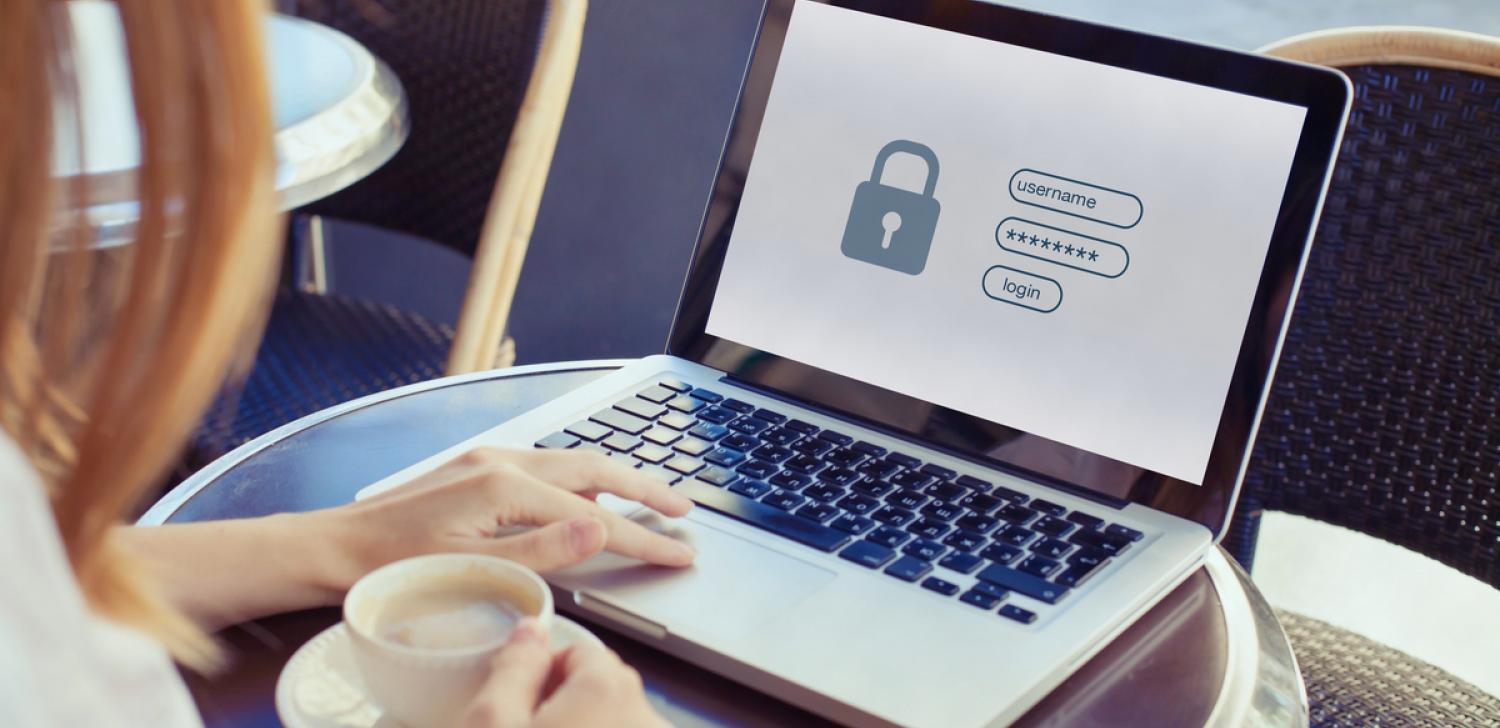
Data Privacy Day: Protecting Your Data and Devices
In today’s digital age, our devices hold a wealth of information such as passwords and consumer data. Unfortunately, there is room for error when storing essential documents and information on your devices. If you’ve experienced the pain of losing critical data or having an account hacked, you know taking a few extra steps to secure them is worth it.
Raising awareness around privacy and data protection is so necessary that Jan. 28 is set aside every year as Data Privacy Day, observed in the U.S., Canada, Israel, and 47 European countries. Jan. 29 also acknowledges the 1981 signing of Europe’s Convention 108, the first legally binding international treaty involving privacy and data protection.
Here are some ways to protect your data and devices either at home or your small business.
Pay Strict Attention to Passwords
IT and cybersecurity specialists say using strong passwords and protecting them from disclosure remains one of the best ways to protect your data.
"With more employees working remotely, and in some cases using personal devices for work, employees must keep personal and work passwords separate to reduce the risk of unauthorized access,” says entrepreneur Fabi Hubschmid, the co-founder and COO of global small business directory and verification platform, Markaaz.
Additionally, if at home or your small business secure your Wi-Fi router by changing the admin username and password. Since most routers ship with a default password, hackers can get in and make changes with almost no effort as long as they know your router model. Change your routers' SSID (the name that shows up when you try to connect to it) as well. Get creative and rename them something unique.
Blocking Spam Message
Scammers are crafty when trying to collect your personal information. For example, it could be an email with unknown links or attachments or even a pop-up survey offering valuable gifts for a few minutes of your time. While it appears official, with simple multiple-choice questions, a choice of rewards, and an order form, these phishing scams may infect your computer with a virus or compromise your credit card information. When in doubt, always contact a business at their official contact address or number to confirm authenticity.
Additionally, be vigilant around the holidays or busy shopping seasons. A pre-Black Friday check by Kaspersky, the global cybersecurity firm, showed a spike in phishing attacks mimicking e-payment pages. From January through October 2021, Kaspersky identified more than 40 million incidents of phishing attacks that targeted e-commerce platforms that included banking institutions.
The number of financial phishing attacks disguised as e-payment systems jumped significantly from September 2021 at 627,560 to October 2021 at 1,935,905, representing a 208% increase.
Backup Your Data
Stress and fatigue over possible data breaches are understandably natural, as cybersecurity issues remain a top concern of business owners, employees, and consumers worldwide. News of data breaches stressed out 69 percent of respondents in a 2021 survey, Kaspersky reported.
To help alleviate stress in the event of data loss, secure an archive of your important information on a hard drive to restore your device quickly and easily.
Perform regular backups either manually or automatically to ensure your archive is updated. Maintain all your devices by installing software updates and patches to address the latest known threats and vulnerabilities.